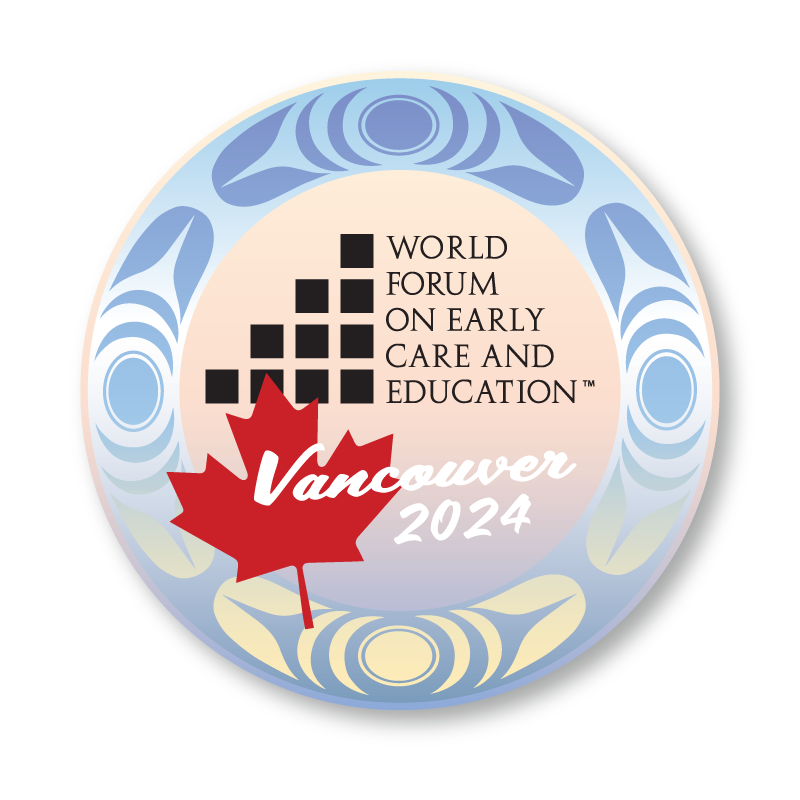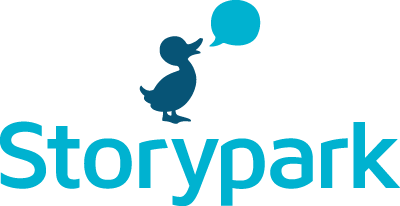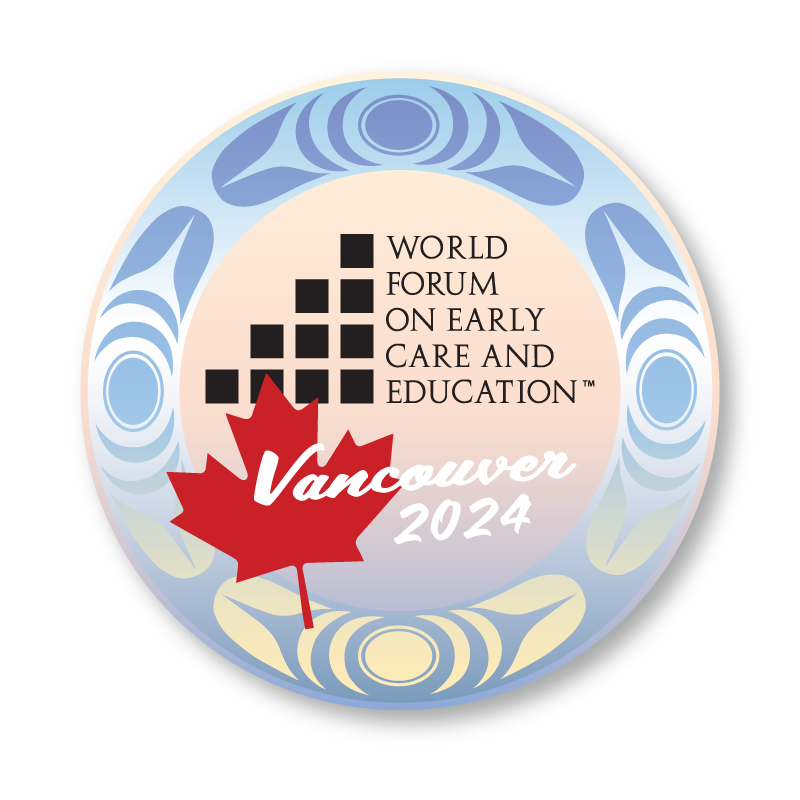A conversation in Spanish and Portuguese (with translated text in English)
A short version of the conversation hosted by Global Leaders of Latin America and their guests.
It was a two hours conversation on line inspired by questions such as: What did children learn from this difficult time? Which opportunities we visulalized for them and their families? What were our learning experiences?
In this brief report we will bring the main points that were brought up by the participants:
Angelles Romero from Mexico said that it favored breast feeding practices especially for the young mothers and first baby mothers. Being able to stay at home for a longer period enhanced the contact mother-child. Although the social isolation of the mothers brought the issue of depression, the professionals designed new ways of using app and on line tools to listen, to give ideas, to be together including crying together.
Luciana Abade from Brasil mentioned the involvement of fathers in the care of babies and children. Staying home with the family gave men an opportunity of caring, playing and nurturing their children especially babies, always thought of as a woman’s job.
Marcela Armus: she brought the idea that the pandemia brings an opportunity for a revolution, A revolution of care, not only the involvement of fathers with their babies but a revolution for everybody involved with early childhood care. There is a revolutionary change related to the subjectivity of bonding. Nevertheless there has been an increase in domestic violence.
Miriam: mothers in home office decided to take two hours daily to be with their kids, without mobiles or any kind of technological gadget and just playing with them. She also points out that little kids learned to deal with cell phones and similar technological items in a very competent way.
Jorge: he mentioned there has been noticed a decrease of male violence which correlates with a greater participation of men in the house hold.
Consuelo: brought the increase in communication between school and families and a greater respect for the families and their knowledge in raising children. There has been an exchange of playful ideas for the children.
Rita: the pandemia brought a greater awareness of the importance of nature and of living in and with nature. Along with this awareness, there has also emerged a more critical view on the urban way of life and the need to rethink and to make it more life friendly. She also mentioned that in spite of having hit hardly the indigenous people and all the vulnerable groups, the pandemia also brought into light the inequities and the daily life of these groups.
Javier: he also pointed out that the pandemia brought the enormous inequity that prevails in our countries, for example, the advice to stay home for health reasons is in many cases a bad idea due to small houses, overcrowded and lack of sanitary conditions. This meant that public space was looked as a place to be, therefore some demands were highlighted: how to stay out, where to stay in the barrios; this also enhanced the formation or strengthening of informal networks of care based on solidarity, often led by women, groups of mothers in the communities. However, those Initiatives remain isolated due to the lack of vision and disposition of the government to create public policies, that would qualify public space.
Monique: as a teacher, she said she had the opportunity to really know her children’s families. Out of school, having to maintain the bond between children and school and having to welcome the families through the difficulties they had in this new situation, she realized she had to listen more to each one of them and therefore was able to individualize the attention.
Carolina Sanches: she noticed that families were stronger, facing the hard times and also a resurgence of extended families as a support network.
Djan: as a public service officer he was familiar with the effort to attend everybody in need of PPE, of sanitizers. He also brought his four years old daughter and five years old nephew to talk to us, thus bringing the voices of children to be heard.
Nicolas: he noticed a genuine movement from fathers to get more information in order to participate more actively.
Karine: she noticed the importance of real listening. That was her outstanding lesson, Being used to bring information, to teach, she realized how important it is to qualify the messages, to be open to the uniqueness of each family, of each situation and to adjust the information to each one. After the pandemia, she said, it won’t be acceptable to keep on doing the same things in the same way. The methodology and procedures used to work with families have to be more open, inclusive and respectful to each one.
Bruno: working with women in jail, assisting mothers of babies and pregnant women he said the great opportunity was to have these women released to home imprisonement which already had a legal support but not yet implemented. With the pandemia the judges finally reinforced the law. Being at home has made a difference for both mothers and babies.
Daniela: highlighted a personal gain: she has been able to be closer to her younger son of 4, following his achievements, spending more time playing and being with him. She also mentioned the importance of early childhood education as a professional and qualified service. Parents who are spending more time with their little children give a greater value to ECE teachers and schools and are concerned about maintaining a bond with the schools.
Ana Vidal: because Porto Rico has already opened the schools she was able to bring the changes in the routines and environments which are a gain: fewer children per group, using much more the outside spaces, children are closer to nature and the teachers are able to listen more and give a more personalized attention,
Amanda: in spite of all the inequities and social injustice revealed by the pandemia, it brought up the idea of care as an important aspect of all the relationships everywhere. Care of children and care of the caregivers. The need to have mutual support networks, to listen more, to prescribe less. To observe the environment more carefully and less intervention. To be open to learn and to listen. To see the more vulnerable families as resilient and creative people and not only as “lackers”
Marcia: people are working harder in the pandemia, new ways of communicating and getting close to people. It has shown the importance of collective network.
Simone: The economic results of the social isolation such as growth in unemployment rates, lack of jobs, decrease of production has meant a migration from private services in education, health to public ones. Along with the consequent pressure that comes with this situation there has to be a response from the public services to the demands.
Flavia she mentioned how much creativity is needed to face unprecedent situations and how many new ways of being and doing have been experienced.
Janaína: she works in a hospital which has Covid patients and what was noticeable was the community care of children whose relatives: father, mother or both were in the hospital with Covid. They were like community networks that provided food, shelter and care to the children. From the point of view of medical assistance at the hospital, she mentioned different ideas to make the situation less traumatic for the families and they provided digital visits to all Covid patients with ipads. She mentioned this as one of the most important things to both the patients and the families,
Ivanna: like Flavia, she pointed out how creativity emerged as a vital process in any circumstances. To face the unprecedent, unknown one has to count on the not yet proved.
Miguel: the pandemia made us break the inertia, get out of adult centeredness, to look with children´s eyes. The great challenge for teachers was the remote classroom.
Fabio: he also valued the male presence in the household, living with children especially the children with special needs who are usually even more left to the mother’s care.
As a summary: the pandemia showed that:
- the whole system in which we are living is unbalanced: economically, politically, socially;
Family is important; the diversity in families has to be respected;
Family learning means community learning;
Communities and networks are essential;
the State as public power are fundamental to ensure health and education as universal human rights;
- the State has to have intersectoral policies;
There has to be an articulation between the local and the global;
Conclusion: the question on what we can learn from such a devastating experience is neither naïve nor mistaken; it leads our view to what needs to be changed.
These were the participants of the Global Leaders of Latin America and their guests conversation on Monday, August, 31st.
Daniela Florio (Global Leader Brasil) | UNFPA – São Paulo/SP – Brasil
Ivanna Castro (Global Leader Brasil) | Avante Educação e Mobilização Social- Salvador/ Bahia-Brasil.
Mark Elliott (Executive Director, World Forum) | Salt Lake City/Utah- Estados Unidos
Rita de Cássia Oenning da Silva (Global Leader Brasil) | Usina da Imaginação-Santa Catarina-Brasil
Carolina Drugg (Global Leader Brasil) | Programa Primeira Infância Melhor-Secretaria Estadual da Saúde- Porto Alegre/Rio Grande do Sul- Brasil
Maria Thereza Marcilio (Coordenadora dos Global Leaders da America Latina) | Avante-Educação e Mobilização Social- Salvador/Bahia- Brasil
Laurie Hand | World Forum-Tahlequah/Oklahoma- Estados Unidos
Luciana Abade (Global Leader Brasil) | ANDI- Rede Nacional Primeira Infância Brasilia-Brasil
Nicolás Galindo (Global Leader Mexico) | Colegio Erik Erikson- Queretaro- México.
Bonnie Neugebauer (Global Impact Engineer) | World Forum Foundation- Seattle/Wasington -Estados Unidos
Jorge Villar (Global Leader Mexico) | ONG Nuestros Pequeños y Pequeñas Hermanos y Hermanas- Puebla- México, El Salvador, Guatemala, Nicaragua, Honduras, Bolivia, Peru Haiti, RD
Carmen Hernaez (Coordinadora Global Leaders of Latin America) | Edupas-Buenos Aires-Argentina
Rogelio Garcia Carrera (Guest) | Comunicador social-Lima, Perú
Zaidaliz Beltran Dias (Global Leader Porto Rico)
Carolina Sanchez (Global Leader Colombia) | Educapaz
Simone Montes (Global Leader Peru)
Ayelen Codino (Coordinadora Programa Centros de Edcación Temprana) | Gobierno Ciudad de Buenos Aires – Argentina
Nadia Cirillo (Coordinadora Programa Centros de Educación Temprana) Gobierno Ciudad de Buenos Aires – Argentina
Guests:
Ana Vidal | The Treehouse Child Development and Learning Center- Puerto Rico
Miriam Pragita | Coordinator of the Executive Secretariat of the National Alliance for Early Childhood- Rede Nacional Primeira Infância- Brasilia, Brasil
Bruno Moraes | Programa Primeira Infância Melhor (PIM) Secretaria Estadual da Saúde- Porto Alegre/Rio Grande do Sul- Brasil
Flavia Rainieri | Coordinadora Primera Infancia – Consejo Nacional de Políticas Sociales – Argentina
Karine Verch | Programa Primeira Infância Melhor (PIM) – Secretaria Estadual da Saúde- Porrto Alegre/Rio Grande do Sul- Brasil
Alexa Elliott | Estados Unidos
Fabio Oliveira | Centro de Apoio ao Autista de Osasco- São Paulo/SP – Brasil
Javier Vera Cubas | Oficina Abierta / CONURB – ex Urban95 Lima, Perú
Consuelo Almeida | Centro de Educação Infantil Pio Bittencourt- Salvador/Bahia-Brasil
Miguel Muñoz | Colégio Erik Erikson-Queretaro- México
Janaina de Carvalho Nascimento | Assistente Social – Hospital Centro de Referência Covid – 19 – Angra dos/Rio de Janeiro – Brasil
Marcela Armus | Psiquiatra infanto juvenil. Ex Presidenta Sociedad Argentina Primera Infancia SAPI y Consejo de Politicas Sociales- Argentina
Flavia Ventura | Assistente Social – Hospital da Mulher Mariska Ribeiro – Rio de Janeiro/RJ – Brasil
Angelles Romero | Cirandar – Centro de Integração de Redes Sociais e Culturas Locais – Porto Alegre/Rio Grande do Sul – Brasil
Djan Moreira | Subsecretário de Saúde do Estadoi- Teresina/Piaui-Brasil
Monique Andrade | Rio de Janeiro-Brasil
Lisbeth Gonzales | Porto Rico
Carla Strachman | Diretora do Ateliê Ecoar-Rio de Janeiro-Brasil
Miguel Munoz






